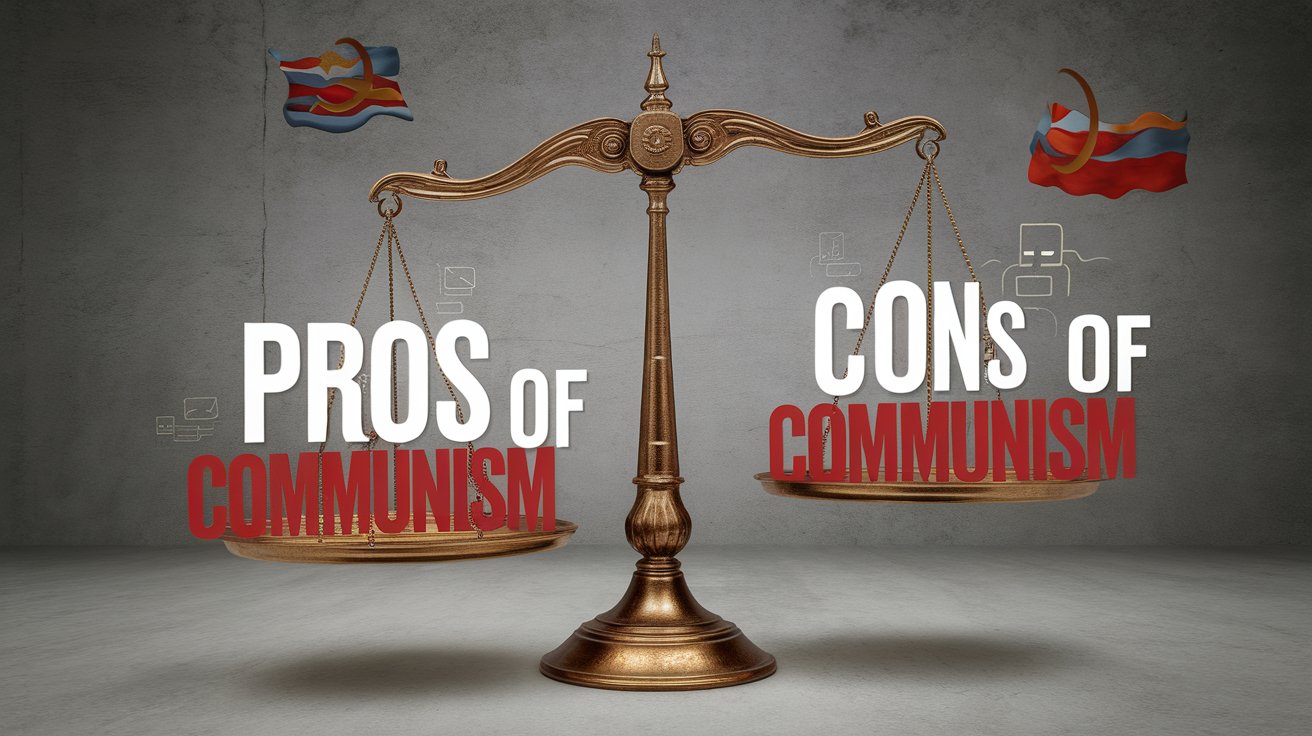
The legal landscape of child custody and support agreements is complex, and when a parent undergoes a gender transition, additional legal and emotional factors can come into play. Courts prioritize the best interests of the child, but biases and misconceptions can influence outcomes.
Understanding how gender transition affects child custody and support agreements can help parents navigate this sensitive and often challenging legal terrain.
Legal Considerations in Child Custody Cases Involving Gender Transition
Child custody determinations are based on a variety of factors, with the central focus being the best interests of the child. When one parent transitions, courts assess how the transition impacts the child’s well-being. In an ideal legal system, a parent’s gender identity would not be a factor in custody decisions. However, in practice, transgender parents may face additional scrutiny and legal challenges.
The Best Interests of the Child Standard
Family courts use the best interests of the child standard to determine custody arrangements. This standard includes considerations such as the child’s emotional and physical well-being, the ability of each parent to provide a stable environment, and the child’s relationship with each parent.
A parent’s gender transition does not inherently affect their ability to parent, but courts may consider how the transition influences the child’s adjustment and overall welfare.
Biases and Legal Challenges
Despite growing legal protections for LGBTQ individuals, transgender parents may still encounter biases in custody disputes. Some courts and opposing parties may argue that a gender transition could create confusion or distress for the child, potentially influencing custody outcomes. However, courts are becoming increasingly aware that a parent’s gender identity does not determine their fitness as a caregiver.
Child Custody Issues for LGBTQ Parents
For LGBTQ parents, particularly those who transition after a custody arrangement is in place, modifications to existing agreements may be necessary. A parent’s transition alone is not a valid reason to alter custody, but conflicts may arise when the other parent or family members challenge the transition’s impact on the child.
Modification of Custody Agreements
If an existing custody agreement needs to be modified due to concerns raised by either parent, the court will evaluate whether a change serves the child’s best interests. Factors that may be considered include:
- The child’s relationship with the transitioning parent before and after transition
- The child’s expressed preferences (if they are of an appropriate age to have input)
- Any potential disruption to the child’s stability
- Evidence of one parent attempting to alienate the child from the transitioning parent
Parental Rights and Discrimination Concerns
Transgender parents may also face challenges in asserting their parental rights. In some cases, a non-transgender co-parent may use the transition as a basis to seek sole custody. While courts are moving toward more inclusive interpretations of parental rights, transgender parents should be prepared to provide evidence demonstrating their ongoing commitment to their child’s well-being.
How Gender Transition Impacts Child Support Obligations
A parent’s gender transition does not inherently alter child support obligations. However, other related factors, such as changes in income or employment, could impact financial responsibilities.
Child Support Modifications
If a parent’s transition results in significant life changes, such as job loss or medical expenses, they may seek a modification of their child support payments. A child support lawyer can assist in filing a request for modification based on changes in financial circumstances. Courts will consider factors such as:
- The income and earning capacity of both parents
- Any medical expenses related to the transition
- The child’s financial needs and current living arrangements
Ensuring Fair Treatment in Child Support Cases
Transgender parents must be aware of potential biases when seeking modifications to child support. Some courts may lack experience handling such cases, which underscores the importance of working with a knowledgeable child support lawyer. Legal representation can help ensure that child support decisions are based on financial realities rather than misconceptions about gender transition.
Navigating Co-Parenting After Transition
Co-parenting can be challenging even under routine circumstances, and a gender transition may require additional adjustments for both parents and children. Open communication, mutual respect, and a focus on the child’s needs are key to maintaining a healthy co-parenting dynamic.
Addressing Co-Parenting Challenges
Parents navigating co-parenting after a gender transition should consider strategies to minimize conflict and promote a positive environment for the child. These may include:
- Maintaining open and honest communication about the transition in an age-appropriate manner
- Seeking professional guidance, such as family therapy, to help the child and co-parent adjust
- Establishing clear boundaries and expectations regarding parenting time and responsibilities
Overcoming Stigma and External Pressures
Transgender parents may also face societal stigma or resistance from extended family members. It is essential to create a supportive environment for the child, reinforcing that a parent’s gender identity does not change their love and commitment. Courts generally discourage parental alienation, so any attempts by the other parent to undermine the relationship between the child and the transitioning parent can be addressed legally.
Seeking Legal Support
Because gender transition can complicate custody and support matters, working with legal professionals experienced in family law and LGBTQ rights is crucial. A child support lawyer can provide guidance on modifying support obligations, while a family law attorney with experience in LGBTQ custody issues can help ensure a fair outcome in custody disputes.
Protecting Parental Rights
Transgender parents should take proactive steps to protect their parental rights, including:
- Keeping thorough records of their involvement in the child’s life
- Seeking legal recognition of their gender identity, where applicable
- Working with an attorney who understands child custody issues for LGBTQ families
Finding the Right Legal Advocate
Finding an attorney who is knowledgeable about both family law and LGBTQ legal issues can make a significant difference in custody and support cases. Legal professionals who understand the unique challenges faced by transgender parents can help navigate court proceedings and advocate effectively for parental rights.
Gender transition can introduce legal and emotional challenges into child custody and support agreements, but it does not diminish a parent’s ability to provide love, support, and stability for their child. While biases and misunderstandings may complicate legal proceedings, courts are increasingly recognizing that a parent’s gender identity should not impact their parental rights.
By seeking the right legal guidance and fostering a positive co-parenting relationship, transgender parents can work toward fair custody and support arrangements that prioritize the well-being of their child.

























































































































































